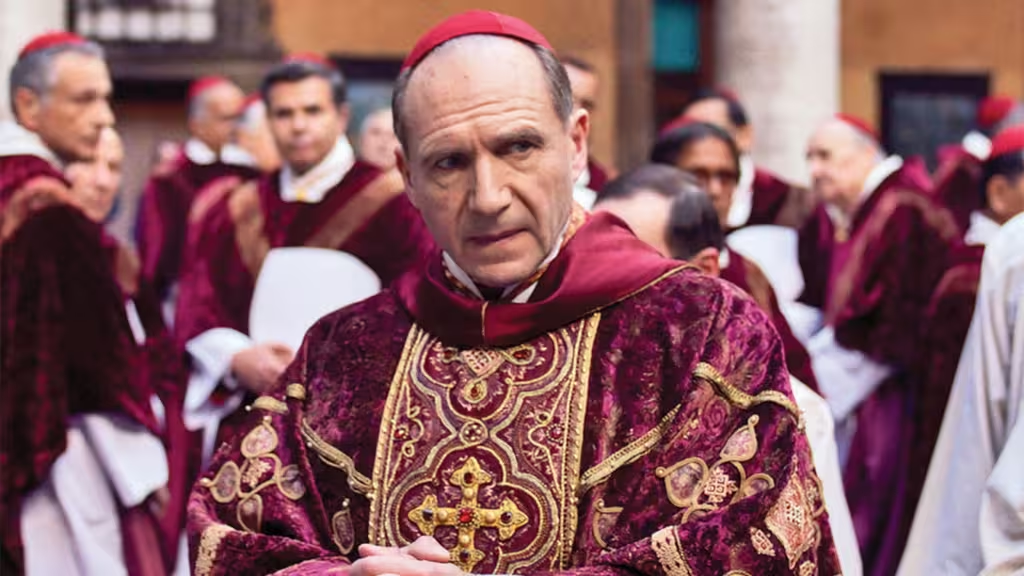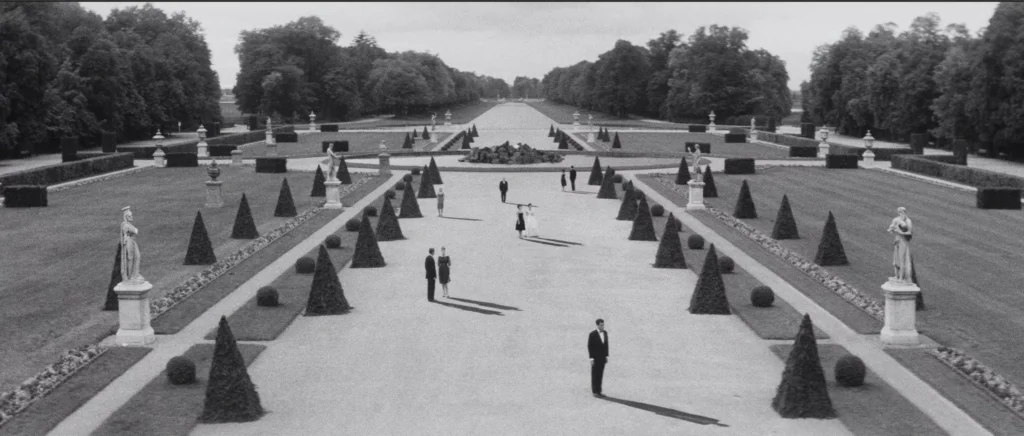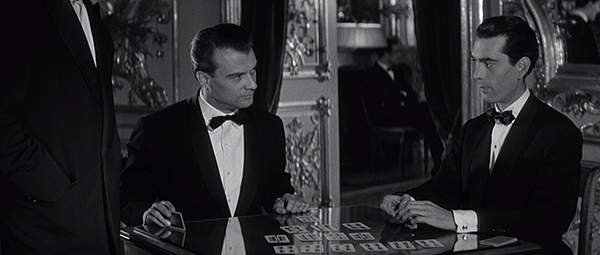Conclave is a gripping thriller undercut by a lack of confidence in its own story
Written by Ian Thomas Malone, Posted in Blog, Movie Reviews
Rituals either have meaning, or they don’t. The process of selecting a new pope feels fairly ridiculous, following certain rules and traditions that have been in place for more than a thousand years. Many of those customs, such as the sequestering of the College of Cardinals were established in the 1200s to prevent corruption, a reality that may seem strange to generations who have grown up with seemingly endless scandals affecting the Catholic Church.
The film Conclave centers its narrative amidst the secrecy of the Vatican. Based on the 2016 novel of the same name, the film follows the election of a new pope, and all the politicking that entails. Led by Cardinal Lawrence (Ralph Fiennes), the conclave quickly devolves into a standard power grab, with various factions jockeying for support, most belonging to various shades of extreme conservatism. The sweeping liberal changes enacted in the Second Vatican Council are still met with swift opposition some sixty years later, with many cardinals supporting the return of the Latin Mass among other pillars of the old church.
Director Edward Berger is far more concerned with atmosphere than plot over the course of his narrative. The tight pacing and gorgeous cinematography from Stéphen Fontaine keep a steady undercurrent of suspense as the cardinals work through their ballots. The sets provide a suffocating sense of beauty, the panopticon of the Vatican never straying from the forefront of the story. With its many secrets and imposing disposition, the building itself starts to feel like a character after a while, an impressive feat of filmmaking.
While Fiennes keeps a tight grip on the reins of the narrative from his perch in the lead role, Conclave is often undercut by its script. The film struggles with character development, particularly the supporting players. For the most part, Cardinal Lawrence’s own motivations receive only scattershot attention. A late third-act effort to correct this falls a bit flat without the proper investment in its characters.
For an institution as mysterious as the Vatican, Berger isn’t all that interested in peeling back the layers. Conclave loves its scandals. Characters deliver eloquent soliloquies on the troubles of the world full of Aaron Sorkin-esque platitudes. Absent from the narrative is the nitty gritty work of politics. The film deploys a few stunts too many in a desperate attempt to wrangle in its unwieldy plot.
With a brisk runtime of 120 minutes, Berger creates the perfect pressure cooker for Conclave to triumph in its final act, but the landing just doesn’t stick. Conclave builds up so much goodwill, only to seemingly turn its attention away from its own story in favor of commentary on the state of the real world. The many cliches betray a lack of confidence in the film’s own story, and the characters that are so captivating for much of the narrative.
Fiennes’ orbit is a genuinely interesting place to spend time in. The level of detail in the cinematography and set design is so exquisite that you can’t help but wonder why the script wasn’t given the same attention. Conclave is a genuinely intriguing thriller that falls just shy of the label of masterpiece. A film with first-rate acting and some of the best cinematography all year shouldn’t need to resort to cheap stunts to propel its narrative.













